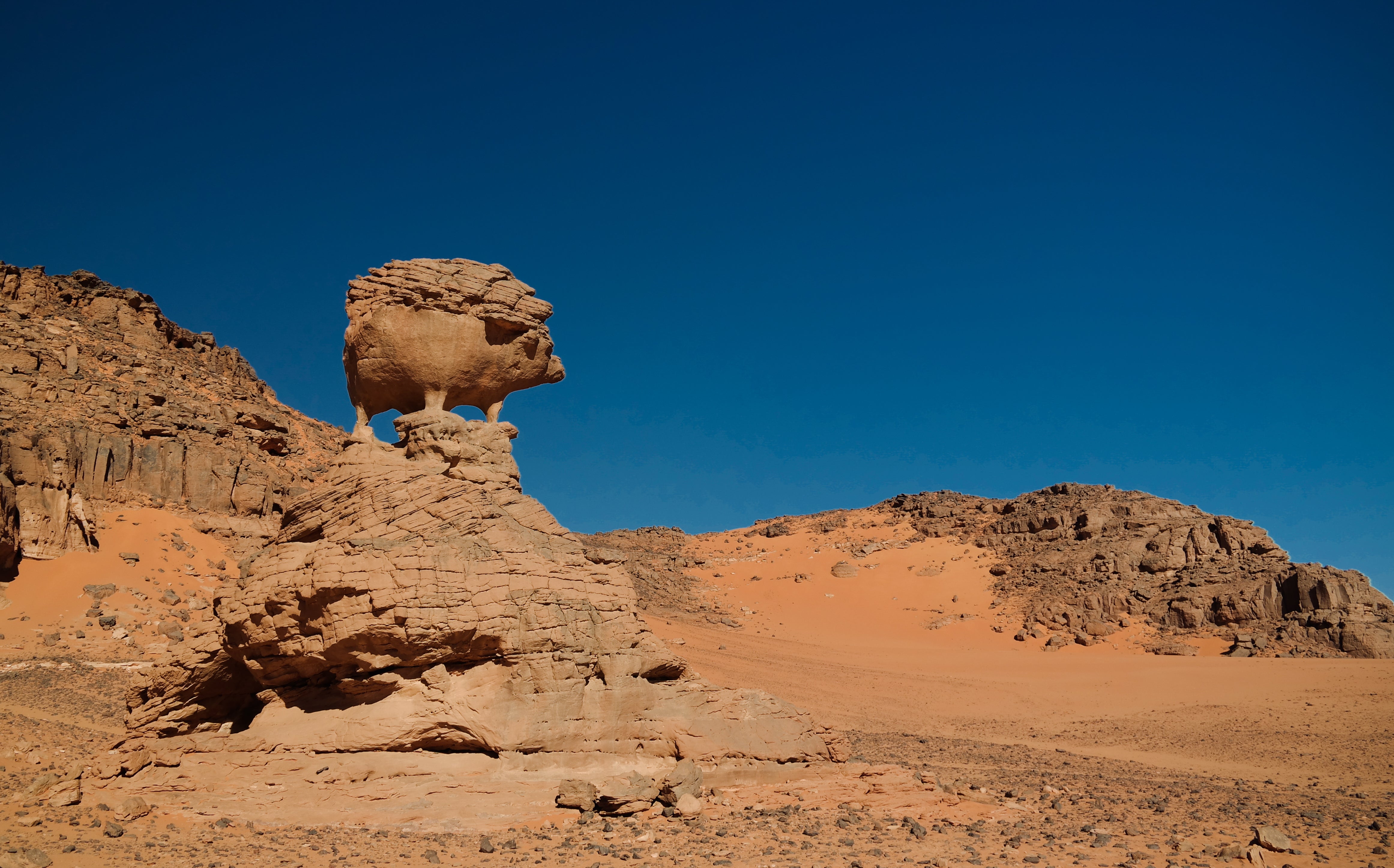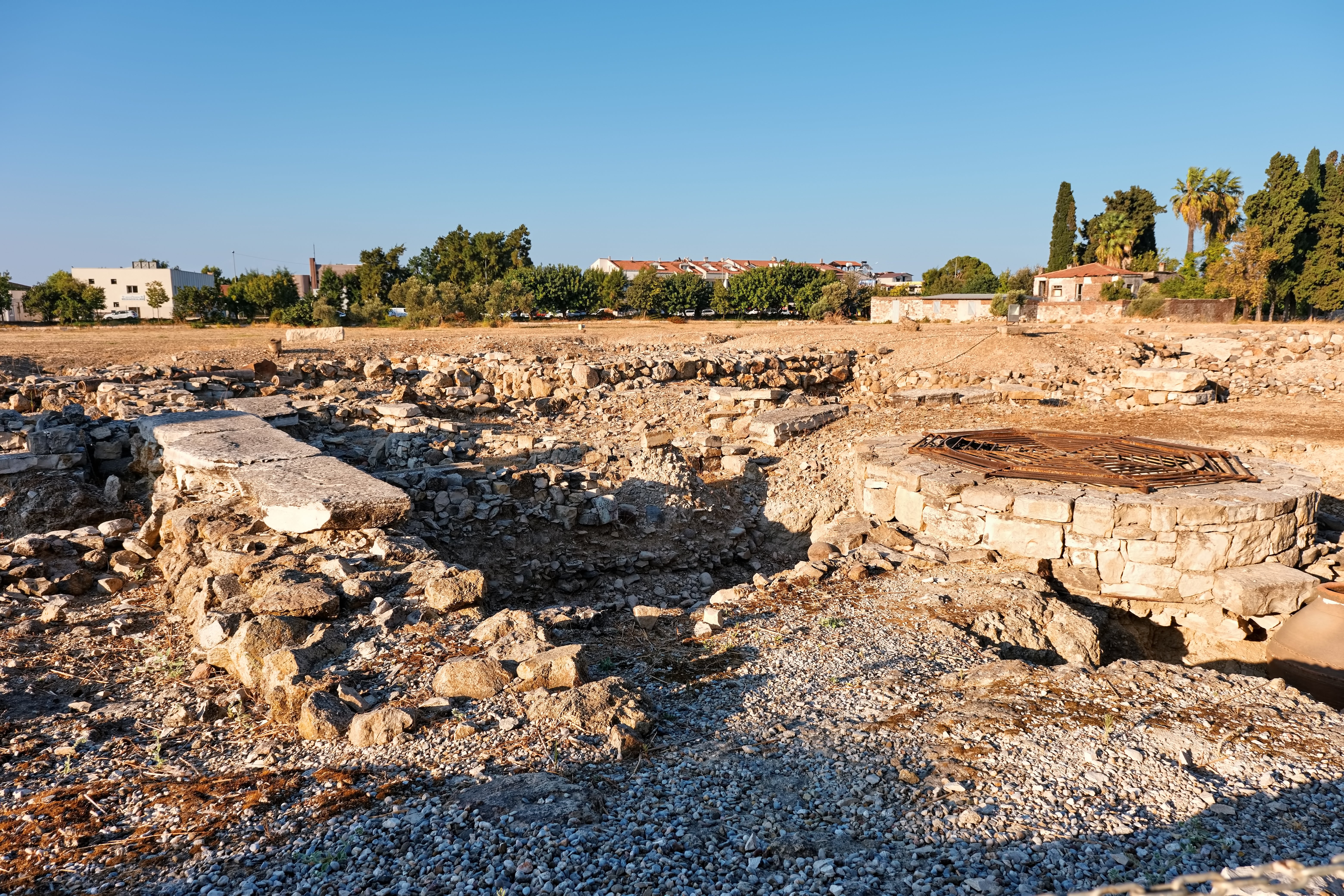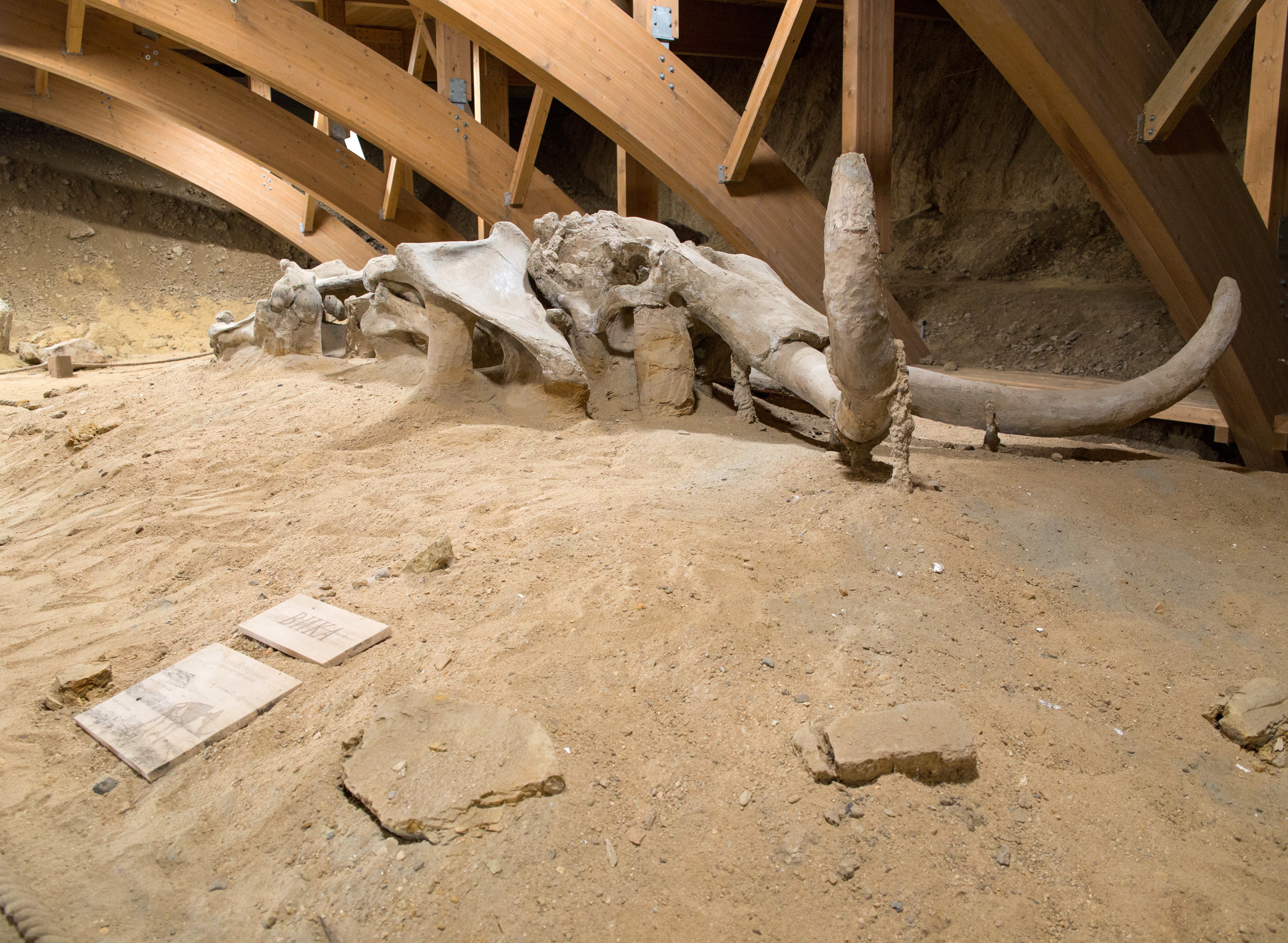Balkanatolia: Discovery of ‘lost’ continent may solve mass extinction mystery
A study could explain how native Asian mammals ended up settling in another continent

New research has uncovered a “lost” continent that may have served as an ancient corridor between Asia and Europe, ultimately triggering a mass extinction event 34 million years ago.
According to a study from journal Earth-Science Reviews, the low-lying landmass wedged between Asia, Africa and Europe - dubbed Balkanatolia - acted as a passageway for mammals to cross over from Asia into south Europe.
This is believed to have given rise to a sudden eradication of native species, known as the Grande Coupure.
“People have basically known for decades that Asian mammals invaded Europe somehow,” said paleontologist K. Christopher Beard, one of the study’s co- authors and professor at the University of Kansas.
“What was unknown was: How did they do it? What route did they take?”

The discovery has offered up a possible answer to the years of speculation as to how native Asian mammals - which included relatives of rhinoceroses, rodents and horses - ended up settling in another continent.
The team of researchers traced the migration routes of animals across the Balkanatolia strip using fossils found in Turkey and other locations on the Balkan Peninsula - which forms what is left of the ancient continent.
Around 55-34 million years ago - during a period known as the Eocene Epoch - the distribution of mammals across Eurasia was poles apart from the picture in the wake of a mass dispersal of Asian clades before and during the Grande Coupure.
“A lot of animals that had been living in Europe for millions of years and were doing fine went extinct,” Beard said.
“They got replaced by mammals that clearly had no ancestral forms in Europe.”
“There were hints that something really weird was going on.
“Some of the animals that were inhabiting Balkanatolia simply don’t occur anywhere else. And then the combinations of animals living there didn’t live together anywhere else.”

The research found that around 50 million years ago the previously unrecognised biogeographic island continent - Balkanatolia - had its own unique fauna, separate to that of its Asian and European neighbours.
But a major shift in the climate around 40 million years ago - causing dramatic tectonic shifts, ice sheets to expand and fluctuations in sea levels - saw Balkanatolia join on to Asia, followed by south Europe. Eventually, a huge passageway was forged between the two.
Alexis Licht, a scientist at the French National Centre for Scientific Research, who led the study, said: “At that time, the sea levels dropped by 70 meters [about 230 feet], which is huge.
“This event alone would have created many land bridges, and it’s the main hypothesis to explain the connection between Balkanatolia and Europe.”

Fossils discovered in Turkey which date back to between 35-38 million years ago - which includes jaw fragments from Brontotheres, a mammal that resembled a large rhinoceros - suggest the migration of Asian mammals into Europe may have occurred 5–10 million prior to the Grand Coupure - far earlier than previous estimates suggest.
“The site in Turkey helped confirm and validate our hypothesis because this time frame fits everything else we’ve found in the Balkans,” he said.
Despite the extraordinary discoveries around Eurasian mammal migrations, questions around Balkanatolia’s early history remain.
Researchers hope that continuing the search for even older fossils in the area might hold the answers.
“We have animals on Balkanatolia living side by side that never cohabitate anywhere else on Earth,” Beard said.
“How did that happen? How did this strange, unique island get assembled?”






Join our commenting forum
Join thought-provoking conversations, follow other Independent readers and see their replies
Comments